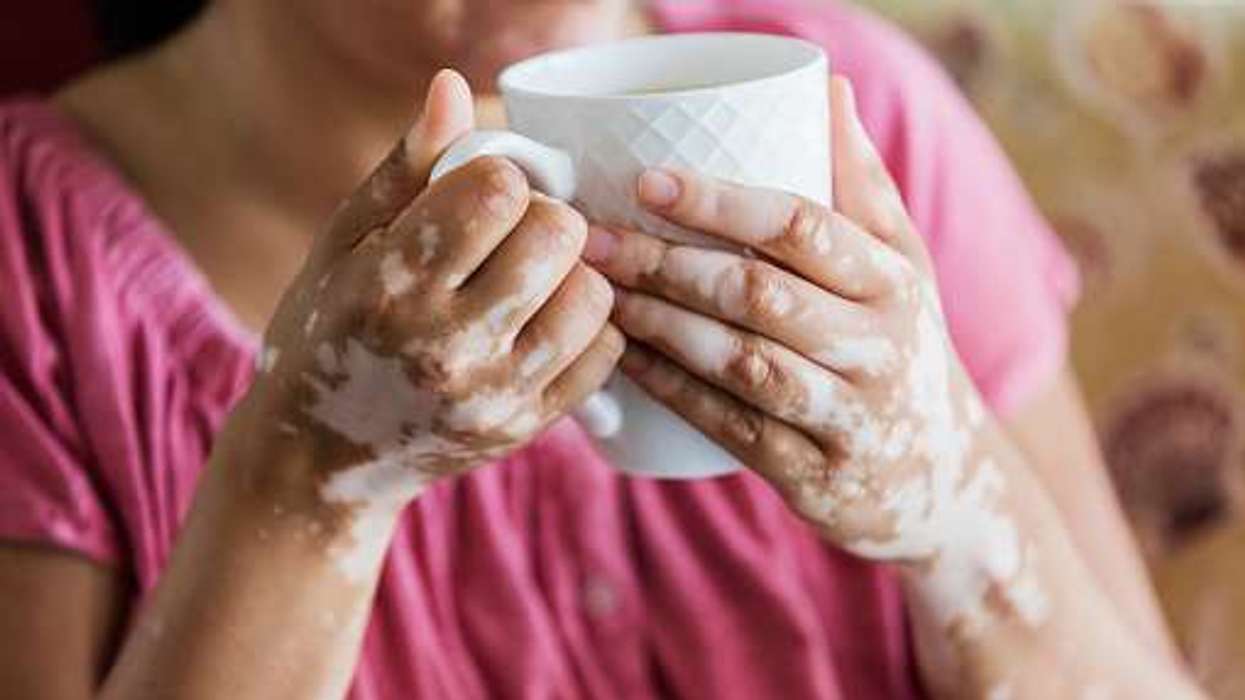The Medicines and Healthcare products Regulatory Agency (MHRA) has maintained the prescription-only status of Aquiette 2.5mg Tablets for symptoms of overactive bladder, following a public consultation and the review of a reclassification application from the manufacturer Maxwellia Ltd.
Aquiette, which contains the active ingredient oxybutynin, is used for the treatment of long-term symptoms of overactive bladder (OAB) in women aged between 18 and 65, such as the urgent need to urinate and frequent urination without pain.
The regulator decided against the reclassification of Aquiette 2.5mg Tablets from a prescription-only medicine (POM) to a pharmacy (P) medicine, concluding that a medical prescription continues to be required to ensure the safe use of Aquiette.
Since an OAB diagnosis requires medical supervision to ensure that the correct treatment is received, and other health conditions are not overlooked or left untreated, the MHRA said the decision would ensure that the medication is used safely and appropriately under medical supervision.
“After taking on board the views of the many patients and healthcare professionals who responded, we have decided to refuse the reclassification of Aquiette 2.5mg Tablets for women with symptoms of overactive bladder (OAB),” Dr Laura Squire, MHRA chief healthcare quality and access officer, said.
“Independent advice from the Commission on Human Medicines (CHM), our own robust review of the available safety data and the overwhelming responses from our consultation were invaluable in helping us understand that Aquiette still meets the criteria for prescription-only status. An OAB diagnosis and the correct treatment for this condition require medical supervision.”
The MHRA said the consultation, launched in April 2022, received an overwhelming number of responses and flagged concerns from patients, healthcare professionals and key stakeholders such as the Royal Pharmaceutical Society and the British Medical Association about the benefits and risks of reclassification.
The MHRA also conducted a thorough review of safety data and sought independent advice from the Commission on Human Medicines (CHM).
The regulator added that Aquiette, and other medicines which contain oxybutynin, are safe to use and will still be available on prescription.
“We remain committed to improving access to medicines where it is safe to do so and want to reassure patients that Aquiette is safe to use under medical supervision. It is important that patients continue taking their medication and speak to their GP or healthcare professional if they have any concerns about their prescription,” Dr Squire added.











